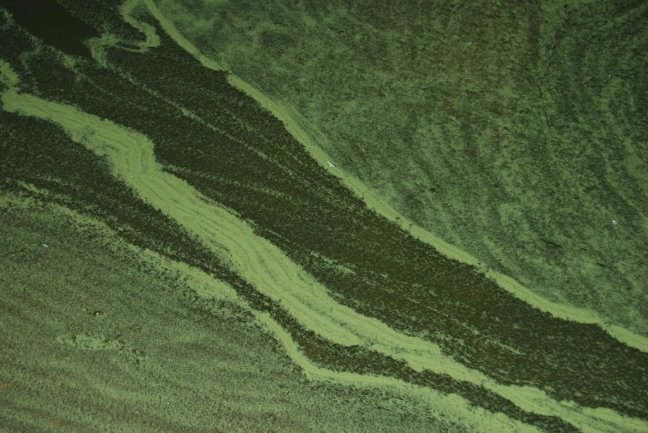This is part of a series: Testing Evolution
As a child, I loved to read about science and technology. I couldn’t get enough. I remember going turkey hunting with my dad, and I brought a book along – part of a 13-volume series on aviation history. He says that I was so focused on the book that when he eventually shot a turkey, I was quite startled by the noise.
My parents are both devout Christians who do a good job of living out their faith. They’re far from perfect, but the more I learn about other peoples’ marriages and families, the more grateful I am for a stable family, with loving parents who know how to raise kids well. Their success in marriage and parenting is a living testament to the fact that the OEM really knows how to make families work.
My parents are also Young-Earth Creationists. Of course, they raised me to believe that, too. Inevitably, I had to choose between what they taught me, and what most scientists believe. When I started looking for answers, I was probably 15 or 16 years old. My parents weren’t able to help much – neither of them knew much about science. It’s just not their thing. Their main reasons for being Young-Earth Creationists were and are:
- The Bible says so
- To them, the Atheists’ explanation for the appearance of life sounds ridiculous
Normally, when I read of people who were raised Creationists, and started doubting, the story goes something like this:
- They were taught by their parents, friends, family, etc. to believe that God created the universe and life, by his own absolute power, possibly only several thousand years ago
- They were taught in school that life appeared by natural processes and evolved into its present form over billions of years
- Over time, they believed their parents less and less, and believed their science teachers more and more
- They eventually rejected their parents’ beliefs and adopted their teachers’ beliefs
For me, it went more like this:
- I was taught by my parents, friends, family, etc. to believe that God created the universe and life, by his own absolute power, several thousand years ago
- I read in many science books that life appeared by natural processes, and evolved into its present form over billions of years
(I was homeschooled for most of my childhood, but I went to the local high school for the last couple of years, and got a dual diploma) - I read up on the Creation/Evolution controversy. I went out of my way to find well-written, well-reasoned defenses of each of the two main sides
- I tested the thing I was considering believing – Agnosticism bordering on Atheism.
I did this by testing evolution - I found that the Evolutionists were wrong
- At about the same time, I started testing the thing I currently believed – Christianity, including Divine Creation
How? I tested whether God really hears and answers prayer, in a way that can be clearly distinguished from chance, and a dead god not answering - I found that the Bible is right
In this post series, I’m focusing on my test of Atheism. I may eventually write a series on my test of Christianity.
This is part of a series: Testing Evolution
Photo credit:
Daniel Williamson – OpenStax CNX (online biology textbook)








